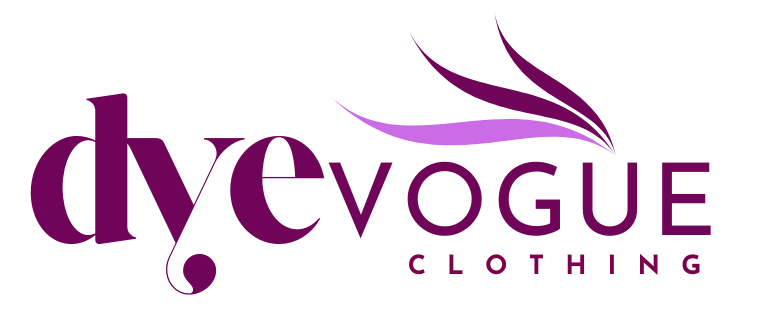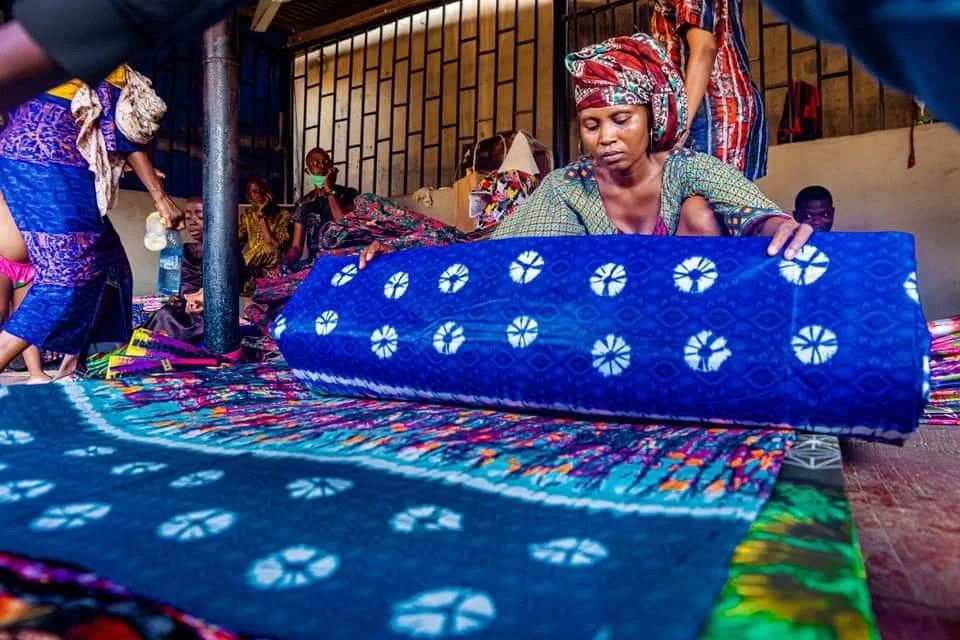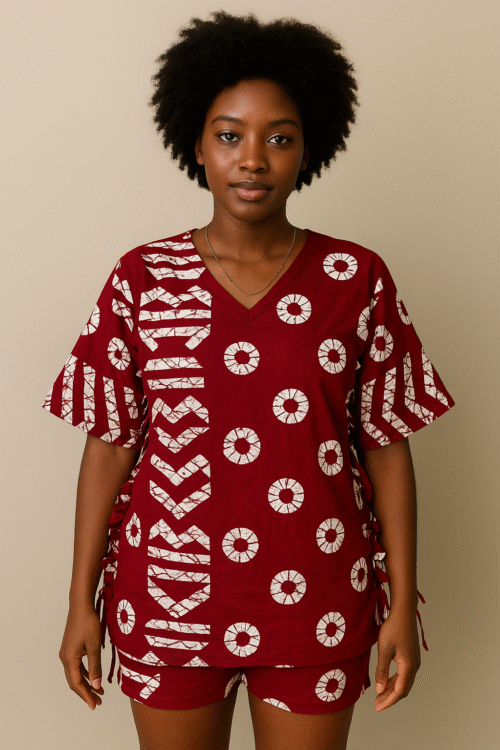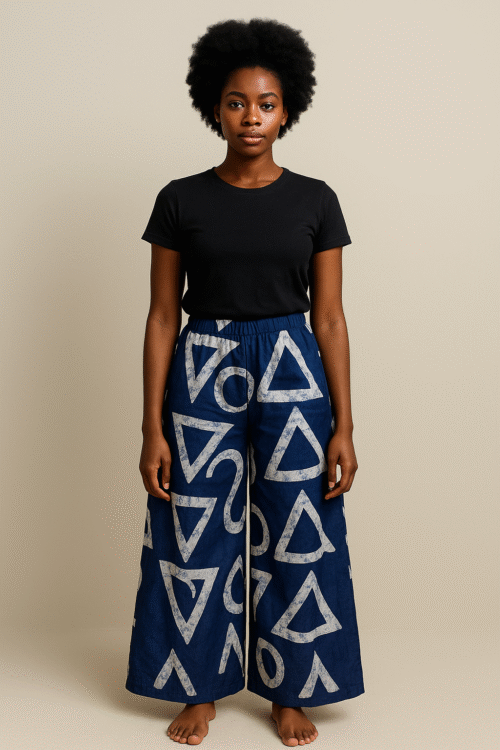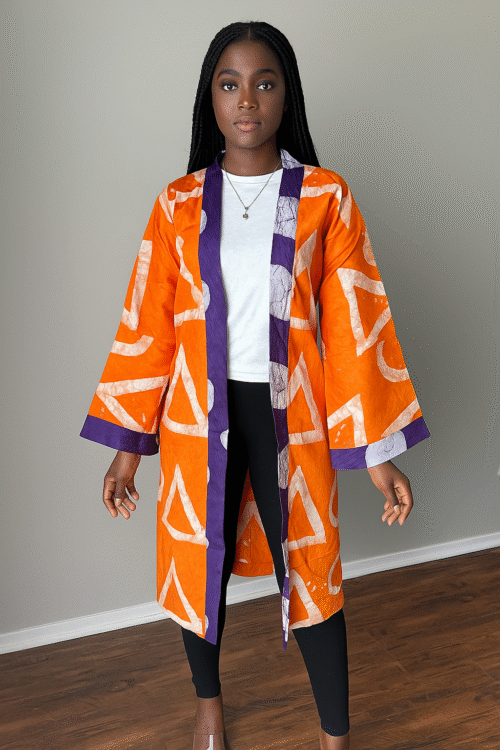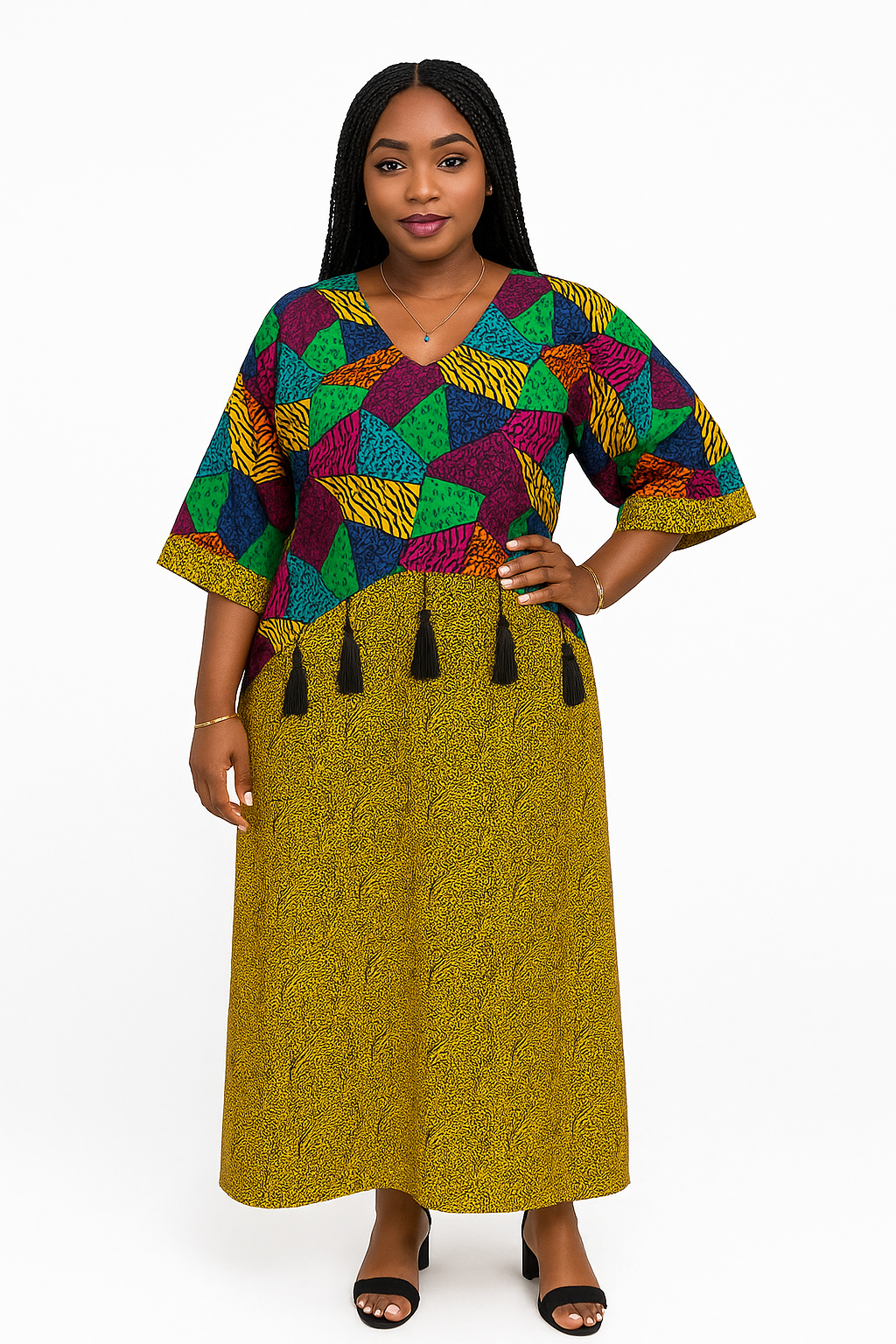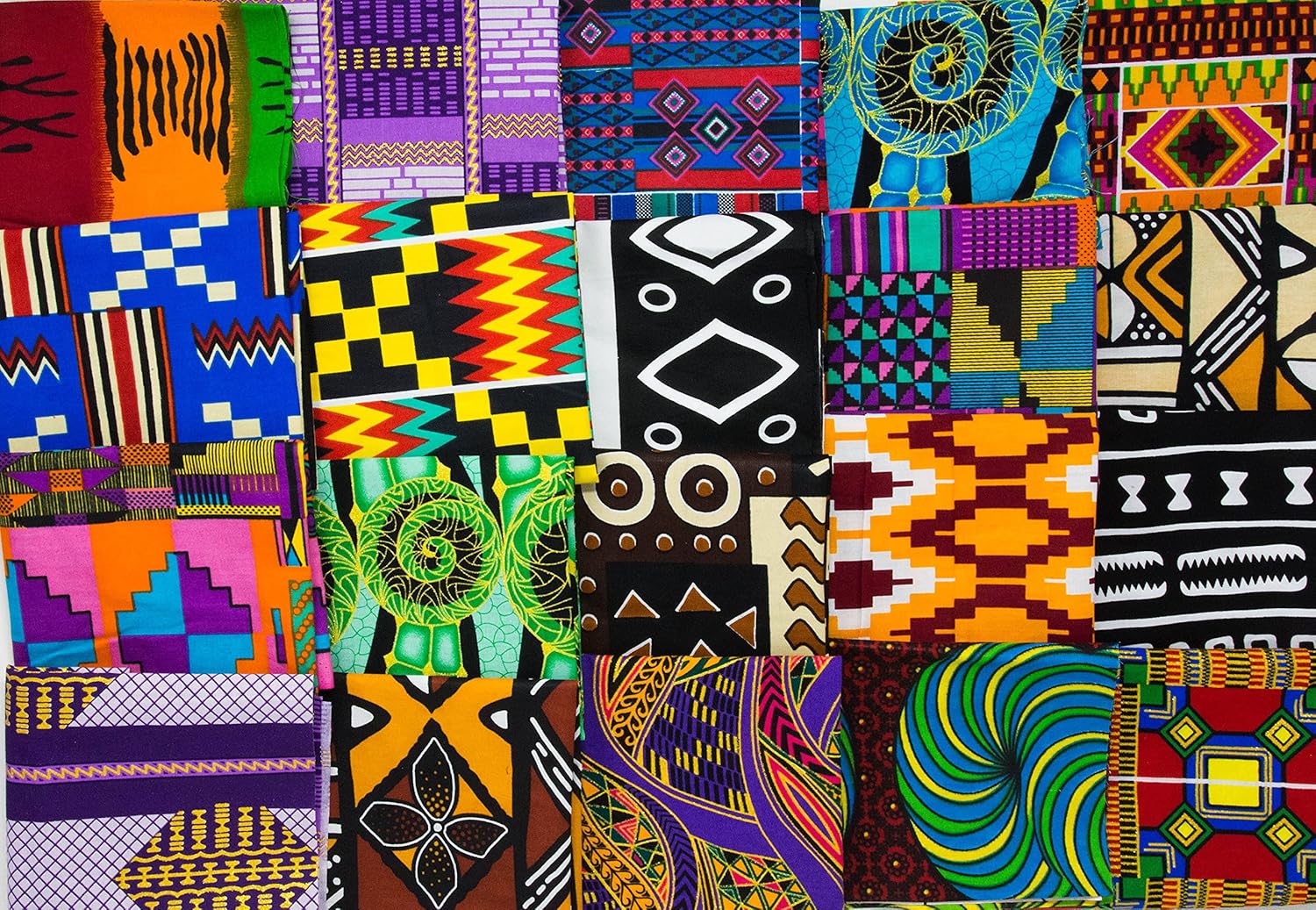
The Global African Fashion Movement
African fashion is experiencing unprecedented global recognition in 2025. From Paris Fashion Week to New York runways, African prints, textiles, and designers command attention and respect. This isn’t a fleeting trend—it’s a cultural renaissance redefining global fashion standards.
Why African Fashion is Dominating Global Markets
Cultural Authenticity in Fashion
Modern consumers crave authenticity and meaning in their clothing choices. African fashion delivers both through:
- Rich cultural histories embedded in textile patterns
- Handcrafted techniques passed through generations
- Unique designs unavailable in fast fashion
- Connection to African heritage and diaspora identity
Social Media’s Role in African Fashion Growth
Instagram, TikTok, and Pinterest have democratized fashion discovery. African designers now reach global audiences directly without traditional gatekeepers. Hashtags like #AfricanFashion, #AdireStyle, and #AfricanPrints generate millions of impressions monthly.
Celebrity Endorsement of African Fashion
High-profile celebrities wearing African prints have accelerated mainstream acceptance. From Beyoncé’s custom African-inspired pieces to Lupita Nyong’o’s red carpet Ankara gowns, celebrity influence drives consumer interest.
Top African Fashion Trends for 2025
- Modern Adire Revival
Traditional Nigerian Adire gets contemporary updates with:
- Oversized Adire blazers and tailored suits
- Adire streetwear: hoodies, joggers, and sneakers
- Minimalist Adire designs with cleaner patterns
- Adire in non-traditional colors beyond indigo
- Sustainable African Textiles
Eco-conscious consumers gravitate toward African textiles because:
- Natural dyeing processes (like Adire’s plant-based indigo)
- Handcrafted production reduces carbon footprint
- Support for artisan communities promotes ethical fashion
- Durable quality encourages slow fashion principles
- African Print Mixing
Fashion-forward styling now includes mixing different African prints:
- Adire paired with Ankara
- Kente accents on Adire pieces
- Mudcloth combined with tie-dye patterns
- Bold multi-print outfits making powerful statements
- African Textiles in Formal Wear
African prints have moved beyond casual wear:
- Adire wedding gowns and formal attire
- African print business suits for professionals
- Evening wear featuring luxury African textiles
- Black-tie interpretations of traditional fabrics
- Gender-Neutral African Fashion
Unisex African clothing expands market reach:
- Adire kimono-style jackets for all genders
- Oversized African print shirts and tunics
- Gender-neutral Adire trousers and pants
- Inclusive sizing in African fashion brands
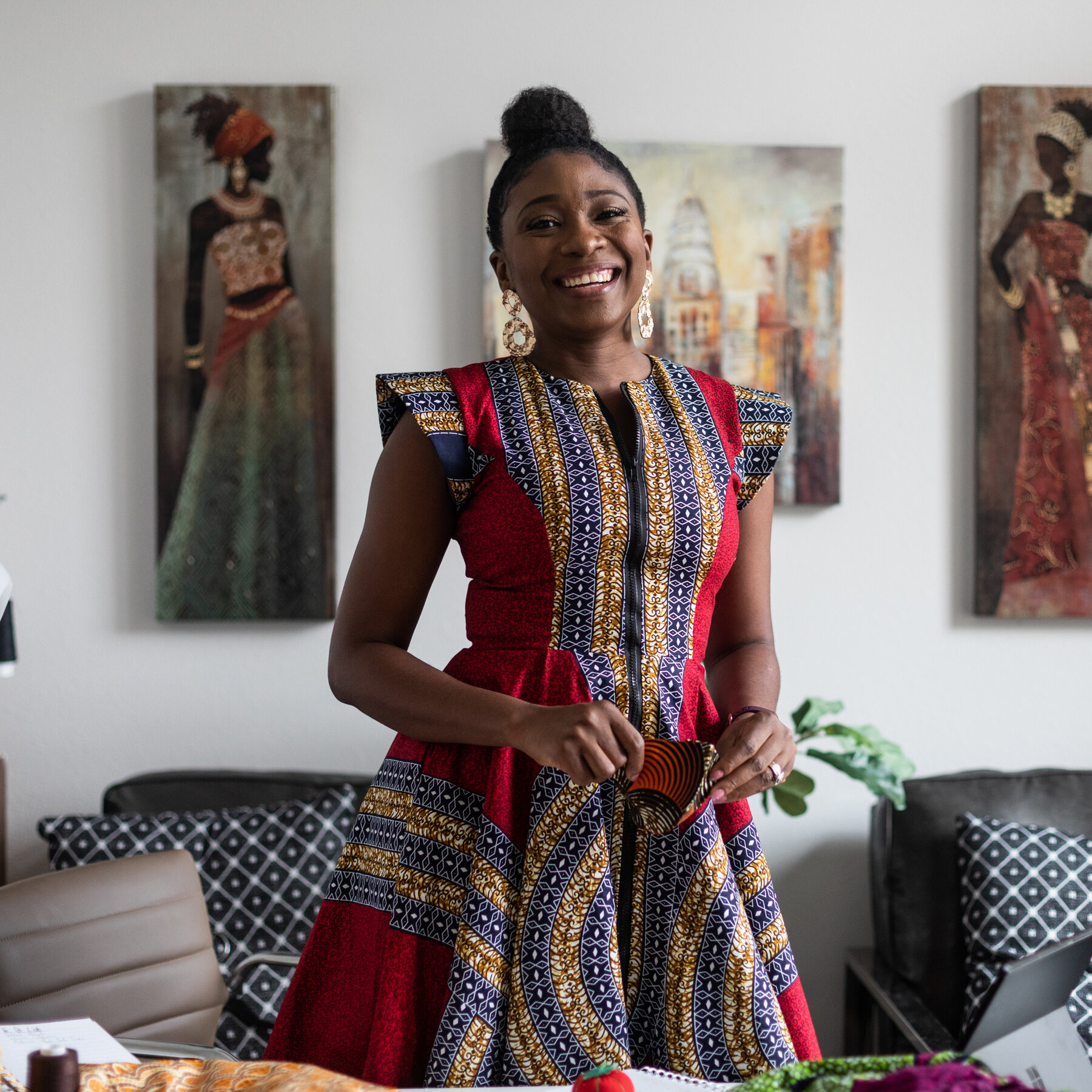
Major Fashion Weeks Featuring African Designers
Lagos Fashion Week
Africa’s premier fashion event showcases top designers and attracts international buyers. Lagos Fashion Week 2024 featured over 60 designers and generated significant media coverage.
South Africa Fashion Week
Cape Town and Johannesburg host fashion weeks highlighting South African designers while attracting Pan-African and international participants.
Dakar Fashion Week
Senegal’s fashion week celebrates West African creativity with particular focus on traditional textiles in contemporary designs.
International Designers Using African Prints
Mainstream fashion houses now incorporate African-inspired elements:
- Luxury brands collaborating with African artisans
- High-street retailers stocking African print collections
- Independent designers sourcing authentic African fabrics
- Cross-cultural fashion collaborations increasing
The Economics of African Fashion
African Fashion Industry Growth Statistics
The African fashion industry shows impressive economic indicators:
- Estimated market value exceeding $31 billion
- Double-digit annual growth rates
- Increasing international investment
- Growing employment in textile and fashion sectors
Export Opportunities for African Fashion
African fashion brands increasingly export worldwide:
- E-commerce platforms enable global sales
- International stockists carrying African brands
- Fashion tourism boosting local economies
- Diaspora markets driving demand
How to Participate in the African Fashion Movement
Support Authentic African Fashion Brands
When purchasing African fashion:
- Buy from verified authentic sources like DyeVogue
- Research brand origins and artisan partnerships
- Choose handcrafted pieces over mass-produced imitations
- Invest in quality over quantity
Learn About African Textile Heritage
Educate yourself on different African textiles:
- Adire (Nigerian tie-dye)
- Ankara/Wax prints (West African)
- Kente (Ghanaian woven cloth)
- Mudcloth (Malian bogolan)
- Aso Oke (Yoruba woven fabric)
The Future of African Fashion
Predicted Trends Beyond 2025
- Increased technology integration in traditional textile production
- Virtual fashion shows featuring African designers
- Blockchain authentication for genuine African textiles
- Greater representation in global fashion education
- African fashion weeks rivaling traditional fashion capitals
Shop Authentic African Fashion at DyeVogue
Join the global African fashion movement with authentic Adire clothing from DyeVogue. Our pieces connect you to Nigerian textile heritage while keeping you fashion-forward.
